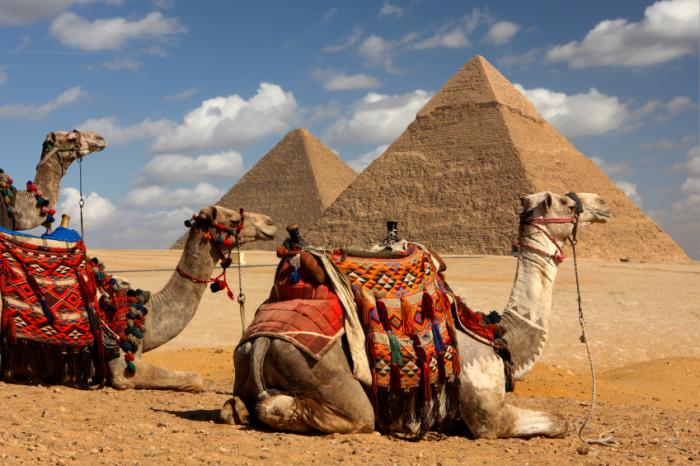Stamp: American Attack on Libya (Libya 1988)
American Attack on Libya (Libya 1988)
26 October (Libya ) within release The 2nd Anniversary of American Attack on Libya goes into circulation Stamp American Attack on Libya face value 500 Libyan dirham
| Stamp American Attack on Libya in catalogues | |
|---|---|
| Michel: | Mi: LY 1793 |
Stamp is square format.
Also in the issue The 2nd Anniversary of American Attack on Libya:
- Stamp - American Attack on Libya face value 150;
- Souvenir Sheet - American Attack on Libya face value 500;
- Stamp - American Attack on Libya face value 150;
- Stamp - American Attack on Libya face value 150;
- Stamp - American Attack on Libya face value 150;
- Souvenir Sheet - American Attack on Libya face value 500;
- Mini Sheet - The 2nd Anniversary of American Attack on Libya face value 9*150;
- Stamp - American Attack on Libya face value 150;
- Stamp - American Attack on Libya face value 150;
- Stamp - American Attack on Libya face value 150;
- Stamp - American Attack on Libya face value 150;
- Stamp - American Attack on Libya face value 150;
- Stamp - American Attack on Libya face value 500;
- Stamp - American Attack on Libya face value 150;
- Stamp - American Attack on Libya face value 150;
- Stamp - American Attack on Libya face value 150;
- Stamp - American Attack on Libya face value 500;
- Stamp - American Attack on Libya face value 150;
Stamp American Attack on Libya it reflects the thematic directions:
A camel (from Latin: camelus and Greek: κάμηλος (kamēlos) from Ancient Semitic: gāmāl) is an even-toed ungulate in the genus Camelus that bears distinctive fatty deposits known as "humps" on its back. Camels have long been domesticated and, as livestock, they provide food (camel milk and meat) and textiles (fiber and felt from camel hair). Camels are working animals especially suited to their desert habitat and are a vital means of transport for passengers and cargo. There are three surviving species of camel. The one-humped dromedary makes up 94% of the world's camel population, and the two-humped Bactrian camel makes up 6%. The wild Bactrian camel is a separate species and is now critically endangered.
A dictator is a political leader who possesses absolute power. A dictatorship is a state ruled by one dictator or by a polity. The word originated as the title of a Roman dictator elected by the Roman Senate to rule the republic in times of emergency. Like the terms "tyrant" and "autocrat", dictator came to be used almost exclusively as a non-titular term for oppressive rule. In modern usage, the term dictator is generally used to describe a leader who holds or abuses an extraordinary amount of personal power.

